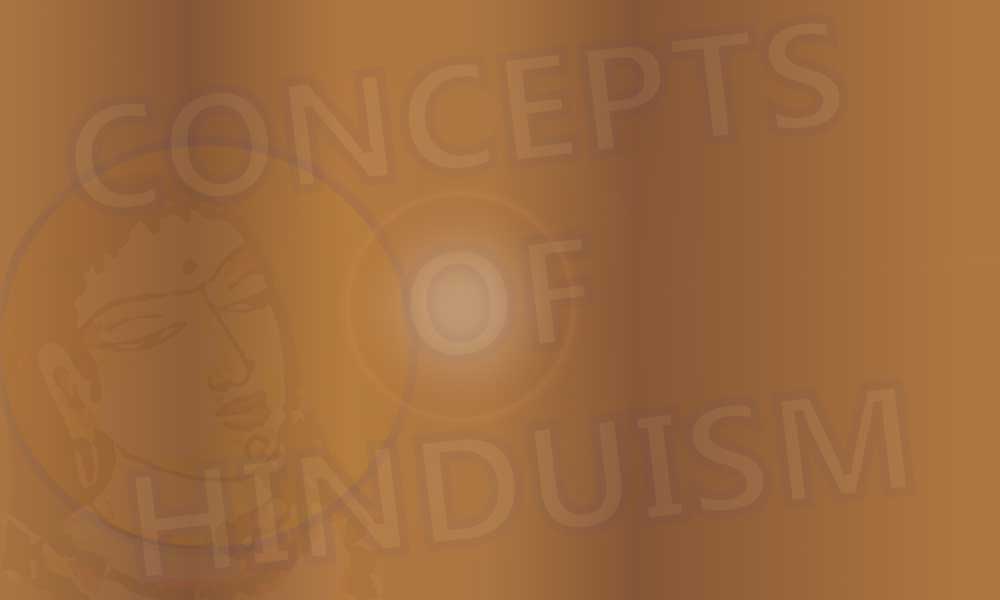
Daksha, Daksha's Sacrifice and the Slaying of Daksha

Daksha means skilled, able, competent and clever. Daksha was one of the ten sons of Brahma, born from his right thumb and therefore skilful and dexterous. In the Puranas, he is mentioned as the father of Sati and father-in-law of Shiva. Sati was the earlier incarnation of Mother Goddess. In the subsequent incarnation she appeared as Parvathi.
Daksha was also known in the puranic tradition as Daksha Prajapati. It may because of his association with the early Brahmanic tradition and the worship of Brahma, who is also known as Prajapati. In the early Vedic religion, Brahma was worshipped as the highest of all gods (Isvara) and progenitor of all beings.
Daksha is mentioned in the Vedas as one of the solar gods (Adityas). He is portrayed in the epics and Puranas as a sage who would appear in each cycle of creation. According to the Puranas, he had 50 daughters. Of them, he married 13 to Kashyapa, one (Svaha) to Agni, one (Sati) to Shiva and the remaining 27 to the moon god Chandra.
He is well known for an earth shattering event in which he lost his daughter as well as his own life. According to the legends, once he organized a great sacrifice and invited all the deities, except Lord Siva, who he disliked even though he was his son-in-law. During the sacrifice, when Sati noticed that her husband was not invited, she asked her father for an explanation.
Daksha reacted angrily and insulted her by abusing Siva openly in front of all the guests. Unable to bear the insult and out of great sorrow, Sati threw herself into the sacrificial fire and sacrificed her life. When the news reached Lord Siva, He rushed to the spot with his huge army and destroyed the whole place. He also pursued Daksha in great anger.
Although Daksha tried to escape by assuming the form of a deer, he managed to kill him by beheading him. Subsequently, he relented and restored him to life replacing his head with that of a ram. This incident is known as daksha samharam and the sacrifice which Daksha performed is known as dakshayajna.
According to another account, upon hearing the news of his wife's self-immolation, Siva was filled with terrible anger. In that rage he plucked a strand of hair from his matted locks and threw it on the ground, from which emerged a fierce looking person known as Veerabhadra. Siva ordered him to go Daksha's place and destroy everything.
Accompanied by many prominent attendant gods of Siva, Veerabhadra went to the sacrificial place, drove away all the invited gods, destroyed the place and eventually beheaded Daksha, who was subsequently brought to life by Siva by granting him the head of a ram.
Suggestions for Further Reading
- Anjaneya Devotee of Lord Rama
- Angirasa, Composer of Vedic Hymns
- Asvins, the Twin Gods of Healing in the Vedas
- Adityas, the Solar Deities
- Aditi, The Mother of Gods
- Ashta Vasus or the Eight Vasus
- The Concept of Atman or Eternal Soul in Hinduism
- The Problem of Maya Or Illusion and How To Deal With It
- Belief In Atman, The Eternal Soul Or The Inner Self
- Brahman, The Highest God Of Hinduism
- The Bhagavad Gita Original Translations
- The Bhagavadgita, Philosophy and Concepts
- Bhakti yoga or the Yoga of Devotion
- Hinduism And The Evolution of Life And Consciousness
- Why to Study the Bhagavadgita Parts 1 to 4
- Origin, Definition and Introduction to Hinduism
- Symbolic Significance of Numbers in Hinduism
- The Belief of Reincarnation of Soul in Hinduism
- The True Meaning Of Renunciation According To Hinduism
- The Symbolic Significance of Puja Or Worship In Hinduism
- Introduction to the Upanishads of Hinduism
- Origin, Principles, Practice and Types of Yoga
- Essays On Dharma
- Esoteric Mystic Hinduism
- Introduction to Hinduism
- Hindu Way of Life
- Essays On Karma
- Hindu Rites and Rituals
- The Origin of The Sanskrit Language
- Symbolism in Hinduism
- Essays on The Upanishads
- Concepts of Hinduism
- Essays on Atman
- Hindu Festivals
- Spiritual Practice
- Right Living
- Yoga of Sorrow
- Happiness
- Mental Health
- Concepts of Buddhism
- General Essays